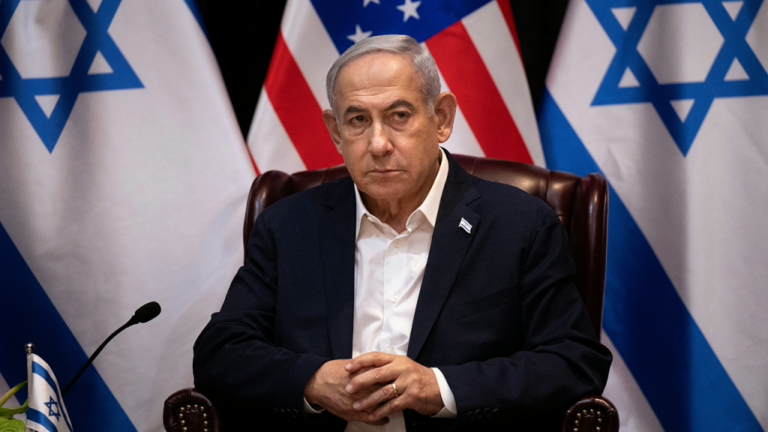The United Kingdom, Canada, and Australia have officially acknowledged the establishment of a Palestinian state, emphasizing that this recognition could represent the most sustainable route toward achieving peace between Israel and Palestine. This decision has sparked strong opposition from Israeli officials.
On Sunday, British Prime Minister Keir Starmer revealed the UK’s recognition through a social media video, shortly after Canada became the first G7 country to take this step, with Australia following suit.
Starmer highlighted that this move “preserves the hope for peace” and reaffirmed the UK’s commitment to “continue efforts to secure the release” of Israeli hostages.
Canada’s Prime Minister Mark Carney also announced his nation’s recognition on Sunday, stating, “Canada acts as part of a unified global initiative to maintain the viability of a two-state solution.”
Australia’s Prime Minister Anthony Albanese confirmed his country’s recognition the same day, noting that the Palestinian Authority (PA) has reiterated its commitment to acknowledging Israel’s right to exist.
In contrast, Israel’s foreign ministry condemned the recognition, describing it as “a reward for the militant group Hamas.”
Families of Israeli hostages currently held in Gaza voiced their distress in an open letter to Starmer, warning that this recognition “hinders efforts to bring our loved ones home.”
Deputy Prime Minister David Lammy defended the UK’s stance in an interview with the BBC, asserting, “This is the moment to advocate for a two-state solution.”
Nevertheless, relatives of hostages have labeled Starmer’s decision as “a profound betrayal.”
Adam Ma’anit, whose cousin Tsachi Idan was among those taken hostage and whose remains were returned earlier this year, expressed his dismay, calling the recognition “a betrayal.”
Tsachi Idan was one of four Israeli hostages whose bodies were exchanged by Hamas in February for the release of Palestinian prisoners.
Reacting to Starmer’s announcement, Adam Ma’anit conveyed that the move feels like “a direct betrayal of the hostages and their families.”
He added, “Rather than leveraging Britain’s influence to pressure Hamas into freeing the 48 remaining hostages, this action rewards Hamas with what they term the ‘fruits of October 7.'”
Currently, 48 hostages remain captive in Gaza, with approximately 20 believed to be alive.
Another family member, the brother-in-law of an Israeli hostage still held in Gaza, also criticized the UK’s decision.
Moshe Emilio Lavi stated that the UK has granted Hamas “the ultimate prize-unconditional recognition of statehood.”
Lavi emphasized that this recognition comes at a time when Israeli hostages “are subjected to starvation, torture, and used as human shields” in Gaza.
Beyond the UK, several other nations have either recognized or are contemplating recognizing a Palestinian state.
Earlier this year, French President Emmanuel Macron became the first G7 leader to declare France’s intention to officially recognize Palestine.
Portugal announced on Saturday that it plans to recognize a Palestinian state imminently, signaling a policy shift.
New Zealand is also deliberating recognition, with Prime Minister Christopher Luxon indicating that a decision will be revealed next week.
Currently, nearly 75% of the United Nations’ 193 member states already acknowledge Palestinian statehood.
The two-state solution remains the internationally endorsed framework for resolving the Israeli-Palestinian conflict.
This approach envisions an independent Palestinian state encompassing the West Bank and Gaza Strip, with East Jerusalem as its capital, coexisting peacefully alongside Israel.
Israel has consistently rejected the two-state solution as a precondition, insisting that any final agreement must emerge from direct negotiations with the Palestinians.
The Palestinian Authority, established following the 1990s peace accords, supports the two-state framework, whereas Hamas opposes it due to its refusal to recognize Israel’s existence.
Hamas has indicated it might accept a provisional Palestinian state based on the 1967 borders without formally recognizing Israel, provided that Palestinian refugees are granted the right of return.
Previous peace efforts included the 1993 Oslo Accords, which aimed to create a foundation for ongoing negotiations. However, these talks ultimately collapsed, with both sides attributing blame to the other.

















